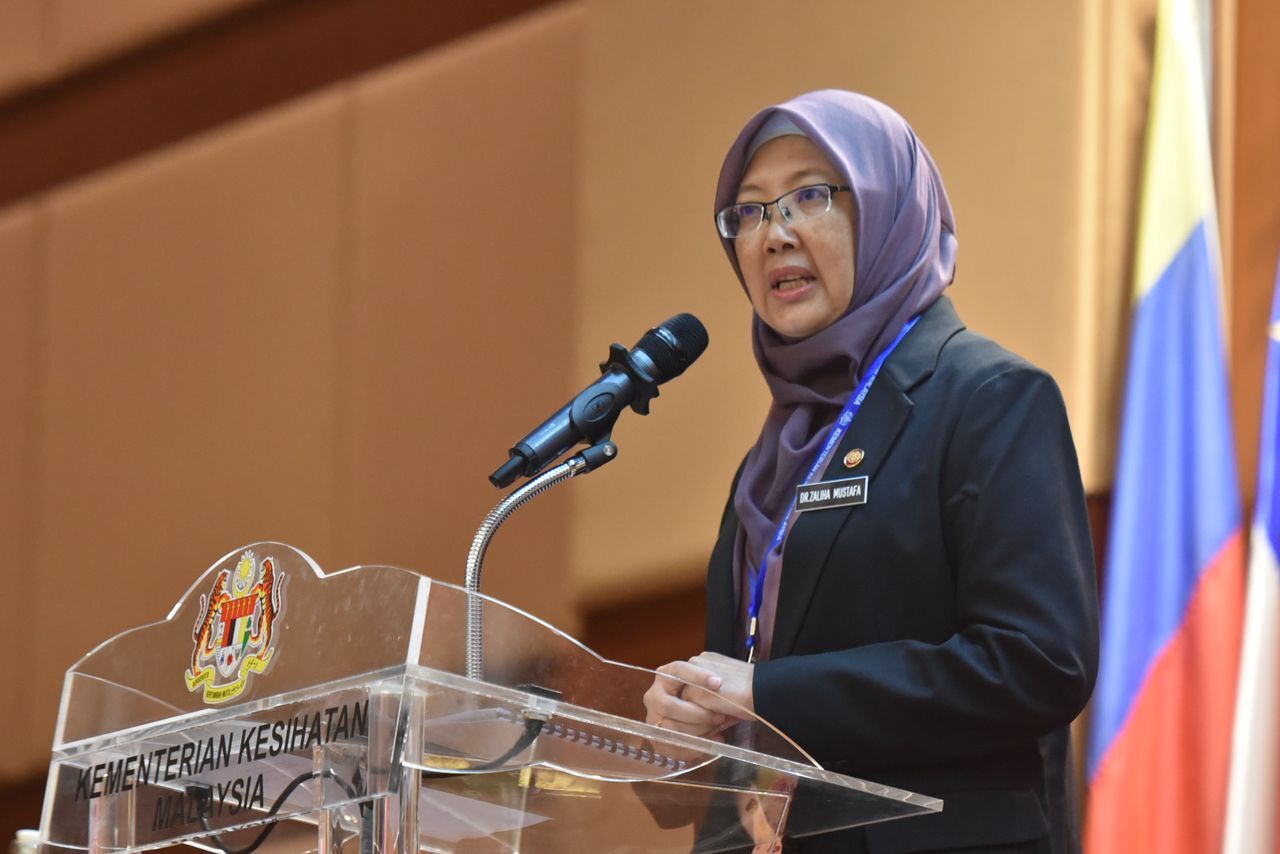KUALA LUMPUR, May 8 – The Ministry of Health (MOH) will conduct a review of Malaysia’s Covid-19 epidemic in mid-June, following the World Health Organization’s (WHO) recent decision to lift the Public Health Emergency of International Concern (PHEIC) for Covid-19.
The review will take place after an extension of the Prevention and Control of Infectious Diseases (Declaration of Infected Local Areas) Order 2020, which declares every single state in Malaysia, as well as the federal territories of Kuala Lumpur, Putrajaya, and Labuan, as “infected local areas” due to the Covid-19 epidemic, ends on June 30 this year.
This declaration of “infected local areas” was made under Section 11 of the Prevention and Control of Infectious Diseases Act 1988 (Act 342) that empowers the health minister to make regulations to prescribe prevention or control infectious disease measures related to an “infected local area”.
Such regulations were used during the past three years of the pandemic to enforce measures like lockdowns, quarantine, mask and vaccine mandates, and check-ins on the MySejahtera app, among others.
“The declaration of Malaysia as a local infection area is necessary to facilitate the isolation or quarantine of Covid-19 cases in any place other than hospitals, and for employers to bear the cost of Covid-19 treatment and testing that is directed by authorised officers for their employees,” Health Minister Dr Zaliha Mustafa said in a statement today.
According to Dr Zaliha, the MOH will maintain its implementation of Covid-19 control and prevention measures according to established protocols. The health minister added that the MOH will also review and update Malaysia’s Covid-19 guidelines based on WHO’s guidance for transitioning to long-term management of the Covid-19 pandemic.
The MOH reported an increase of 53.1 per cent in Covid-19 cases for Epidemiology Week 18 (EW 18/2023), with a total of 7,596 cases reported between April 30 to May 6. This is compared to 4,963 cases reported in the previous week (EW 17/2023) from April 23 to 29.
The admission rate of Covid-19 patients into public health care facilities, including suspected cases, has also increased from 5.8 to 7.2 per 100,000 population in EW 18/2023 compared to the previous week.
Despite the increase, Dr Zaliha said the situation in Malaysia is still under control, with no adverse effects on health care services in hospitals. “The MOH is closely monitoring the situation and implementing necessary measures to contain the spread of the virus.”
Last week, the WHO announced that Covid-19 is no longer considered a public health emergency of international concern, or PHEIC.
The global health organisation had initially declared the coronavirus outbreak as a PHEIC in January 2020, about six weeks before it was classified as a pandemic.
A PHEIC is a formal agreement between countries to follow the WHO’s guidelines for managing a global health emergency. It also allows countries to declare their own public health emergency, which carries legal significance and enables governments to mobilise resources and waive rules in order to contain the crisis.
The United States is planning to end its Covid-19 public health emergency on May 11.
Although the virus is still spreading and evolving, WHO officials have lowered the level of concern due to increased vaccination efforts and better control measures in place. However, Covid-19 remains a global health threat and experts continue to monitor its spread closely.








